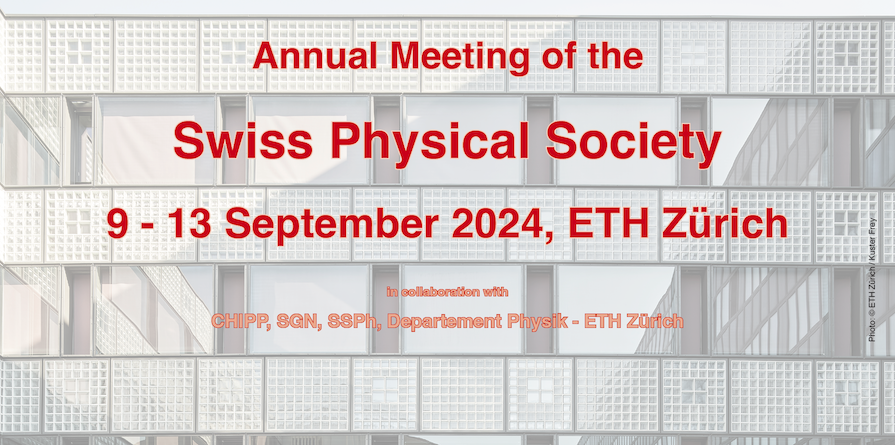Speaker
Description
We introduce an innovative analytical framework for analyzing the interaction of charged perturbations with a three-dimensional (3D) half-infinite conductive space. Our method merges the quasi-3D expansion of the one-dimensional (1D) Kronig-Penney metal with Tamm's surface states, offering a comprehensive analysis tool for multipole molecule-conductive surface interactions. Validated against density functional theory (DFT) results on CO adsorption on Pt(111) slabs, our model accurately predicts changes in adsorption site preference with increasing coverage, aligning with experimental findings. Notably, our model maintains scalability with reported CO-CO interaction potentials on Pt(111) surfaces, reducing computational costs by a factor of 1000 compared to quantum chemical calculations, while delivering precise surface response solutions.
